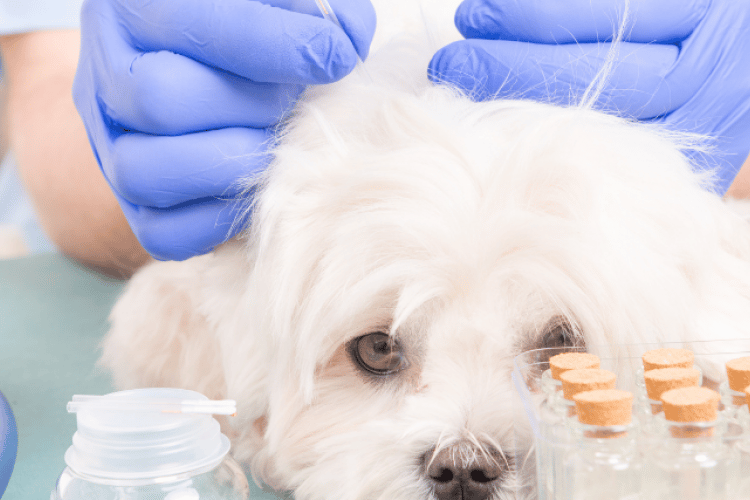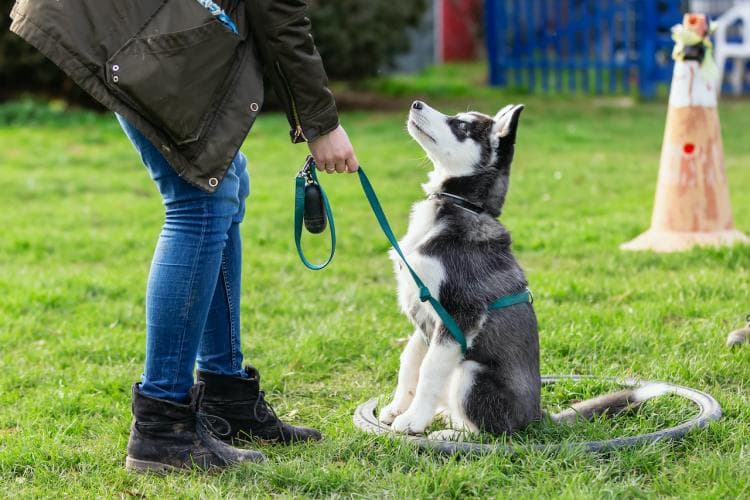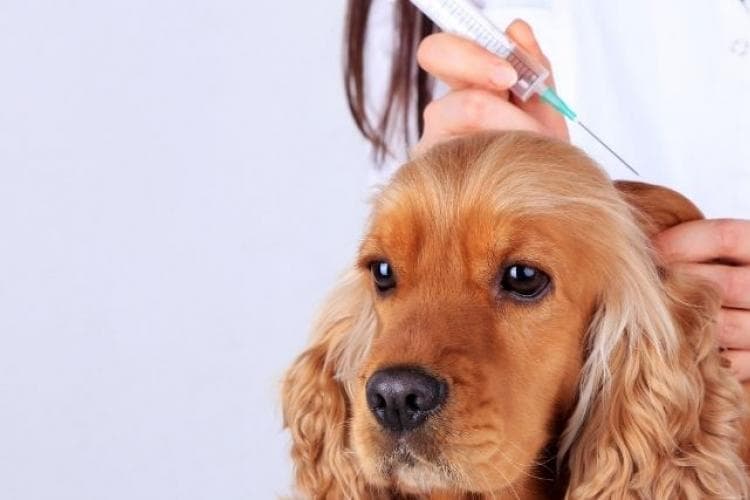4 Super Helpful Tips in Honor of National Train Your Dog Month
“That’s a face only a mother could love.” Perhaps this has been said about your dog, and it’s true—even if your dog’s
How to Enrich and Socialize Your Pup to Ensure Good Behavior and Avoid Catastrophes
The holidays are behind us and, if you’re like a good portion of our country or even the world, you may very well hav
How to Prevent Unnecessary Pain With Proper Cat Dental Care
Cat dental care certainly isn’t the most exciting topic we veterinarians care to chat about with pet owners.
How long can a puppy be left alone? - The Waggin' Train Veterinary Clinic
It depends on if they're inside or outside and what their situation is. If they’re outdoors in a kennel where they have shade, food, and water, they’ll be fine for quite a while.It’s very easy to let them stay in that kind of a surrounding for a day. I do it almost daily with my own dogs, dogs that live indoors.
From a temperature standpoint, they can handle all day by themselves. The problem comes in with the water, what if they spill their bowl or those kinds of accidents? Do they need to eat throughout the day? A lot of smaller, toy size breeds need to eat more than just between 8:00 and 5:00 or 6:00 PM. And then you have to consider the elimination side or bathroom breaks. You're probably going to walk into a mess if they've been alone for any more than four or five hours, depending on the breed of puppy.
My rule of thumb that I was always told years ago was that puppies can hold their bladder for one hour longer than their age in months. That's theoretical and there’s no exact science behind that, but that's what I was told by behaviorists and it holds pretty true to form most times.






